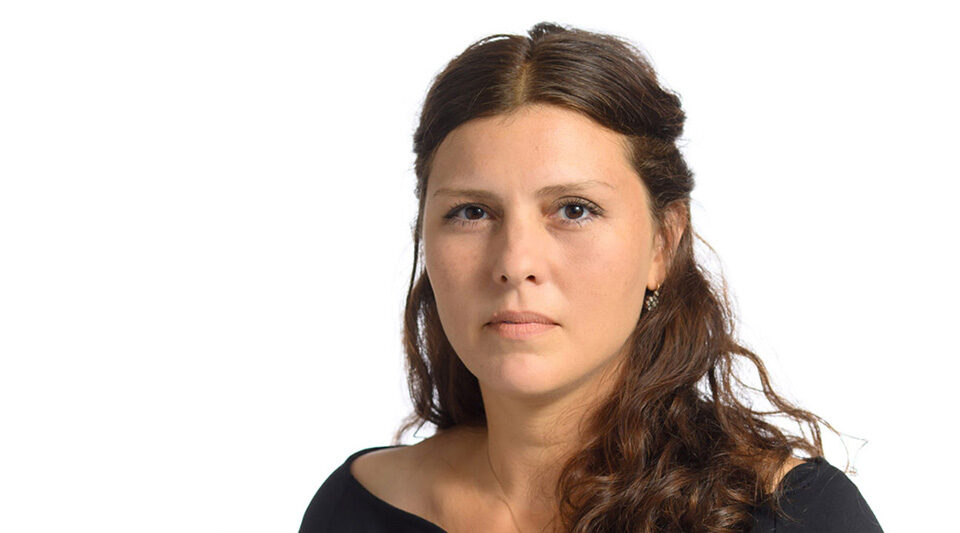Pinar Zorlutuna, Roth-Gibson Professor of Bioengineering and director of the Bioengineering Program at the University of Notre Dame, has been elected to the Biomedical Engineering Society’s (BMES) 2025 Class of Fellows.
Fellows are selected on the basis of their “exceptional achievements and experience in the field of biomedical engineering.”
Zorlutuna designs biomimetic environments in order to understand and control cell behavior. Her lab addresses health challenges such as myocardial infarction, tissue aging, and breast cancer.
In a project that leverages the heart muscle cells’ natural ability to carry electrical signals, Zorlutuna leads a multi-institutional, cross-disciplinary team in building next-generation biological hardware and biocomputing systems. The project, funded with a competitive National Science Foundation Emerging Frontiers in Research and Innovation (EFRI) award, also addresses the significant ethical, legal, and social implications of biocomputing.
This most recent honor for Zorlutuna follows recognition and awards in several spheres. In 2019, she received a Presidential Early Career Award for Scientists and Engineers (PECASE). In 2021, she was named a member of the Cellular and Molecular Technologies Study Section of the National Institutes of Health (NIH) Center for Scientific Review; and, in 2022, the National Academy of Sciences named her a Kavli Fellow in recognition of her exceptional contributions to science.
Zorlutuna received her doctoral degree from the Middle East Technical University in 2009. She joined the Notre Dame faculty in 2014 after completing postdoctoral fellowships at the University of Illinois at Urbana-Champaign (2010) and the Harvard Medical School (2012).
She will be recognized as a new BMES fellow during the society’s annual meeting in San Diego, Oct. 9.
—Mary Hendriksen, Notre Dame Engineering
